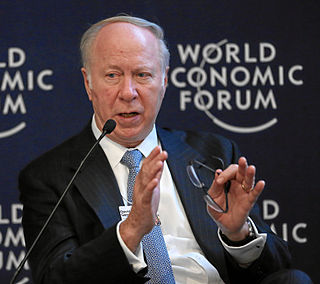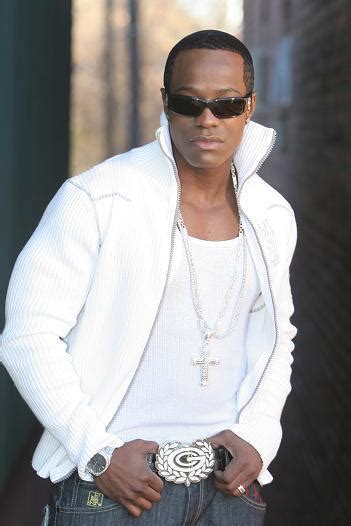A Quote by Philip Kitcher
If there are to be appropriate judgments about what questions are significant, you need both the informed views of scientists who know what has been achieved and what future developments are promising and the reflective judgments of representatives of different groups who can identify what kinds of information are most urgently needed.
Related Quotes
Ordinarily logic is divided into the examination of ideas, judgments, arguments, and methods. The two latter are generally reduced to judgments, that is, arguments are reduced to apodictic judgments that such and such conclusions follow from such and such premises, and method is reduced to judgments that prescribe the procedure that should be followed in the search for truth.
I think of futurists as people who have a particular attitude about the future. They're advocates for a certain kind of outcome. As a forecaster I am something very different. I am a professional bystander. I have opinions about the future, of course. But my whole posture is to be detached and to identify what I think will happen and not allow my judgments of what should happen to get involved.
The sense organs, which are limited in scope and ability, randomly gather information. This partial information is arranged into judgments, which are based on previous judgments, which are usually based on someone else's foolish ideas. These false concepts and ideas are then stored in a highly selective memory system.
The Constitution exists precisely so that opinions and judgments, including esthetic and moral judgments about art and literature, can be formed, tested, and expressed. What the Constitution says is that these judgments are for the individual to make, not for the Government to decree, even with the mandate or approval of a majority. Technology expands the capacity to choose; and it denies the potential of this revolution if we assume the Government is best positioned to make these choices for us.
Politics is like watching football. Yes, you can see it directly on your screen, but I think a lot of people want to have some understanding of what's happening, why the play is unfolding the way it is, and I think that's where it can help them, not to render judgments but to help people make their own judgments in a more informed way.
Cross-cultural reality testing forces people to examine both their own and others' understandings of reality. Most people simply assume that the
way they look at things is the way things really are, and judge other cultures' views of reality before understanding them. These judgments are
based on ethnocentrism, which closes the door to further understanding and communication. Furthermore, ethnocentric judgments keep missionaries from examining their own beliefs and values to determine which of them are based on biblical foundations and which on their cultural beliefs.
People have judged you; you have accepted their idea without any scrutiny. And you are suffering from all kinds of people's judgments, and you are throwing those judgments on other people. And this game has become out of proportion. The whole humanity is suffering from it. If you want to get out of it, the first thing is: Don't judge yourself.

































